Before starting this trip, I had read about people breaking the 200 km mark in a single day, but I thought it was just the stuff of legends and fables. I figured we would maybe hit 160 km (100 mi) once or twice, but I wasn’t sure if we would ever cross 200. Our longest day for the entire first month was only about 130. Then, we hit 202.
We left Jiayuguan after a lazy breakfast and were riding by 10am, fearing headwinds. All of a sudden, whoosh – tailwinds. And by tailwinds I mean Hurricane Andrew force tailwinds. At our first break, Ben and I turned to each other and both said, “Eat as quickly as you can, we’re riding ‘til the cows come home today…”
The next morning we woke up to Hurricane Brenda (again tailwinds… I probably would’ve cried had they been headwinds) and were on pace to break 300 until we hit the construction. The only highway was turned into a lovely gravel pit for 130 kilometers. And still we managed 160 kilometers on the day dodging trucks.
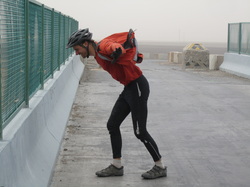
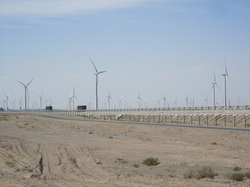
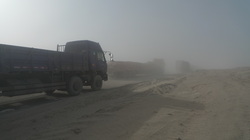
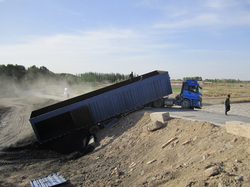
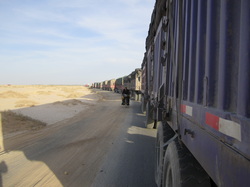
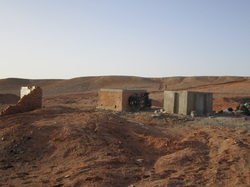
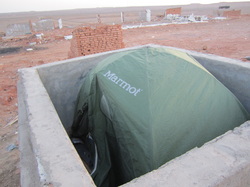
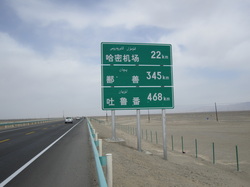
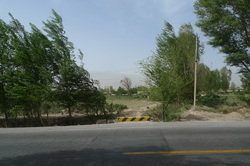
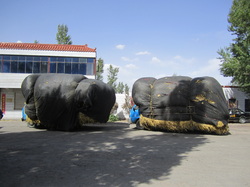
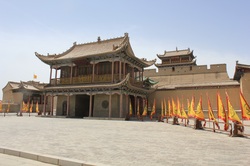
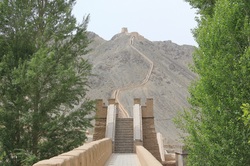
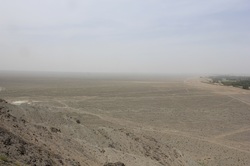
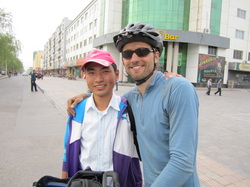
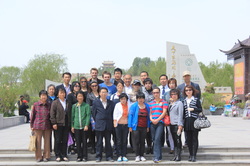
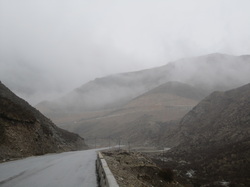
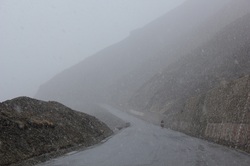
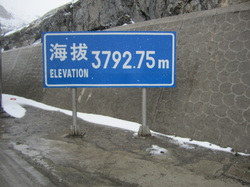
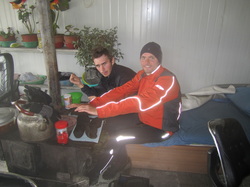
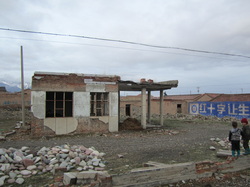
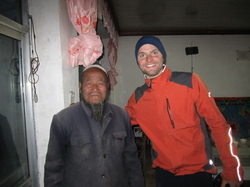
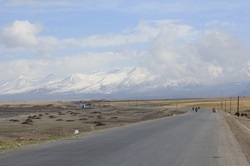
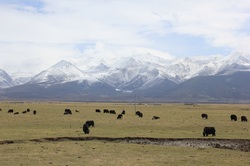
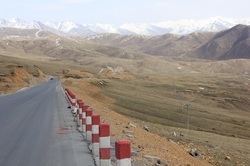
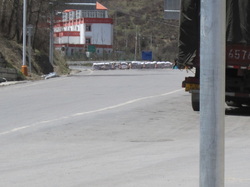
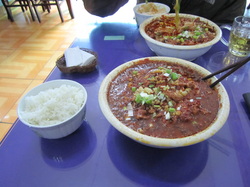
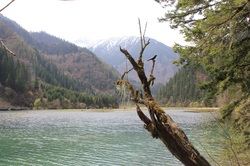
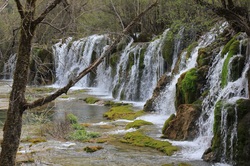
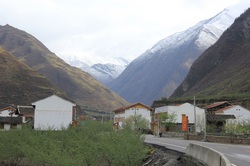
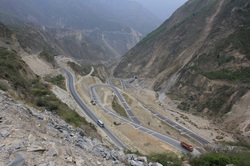
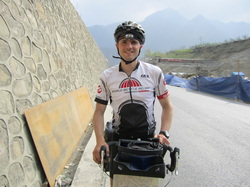
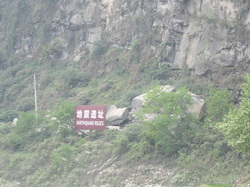
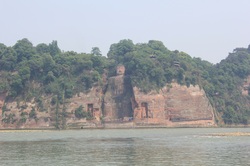
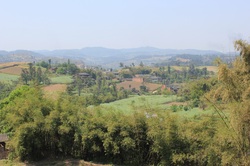
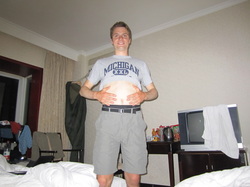
 RSS Feed
RSS Feed